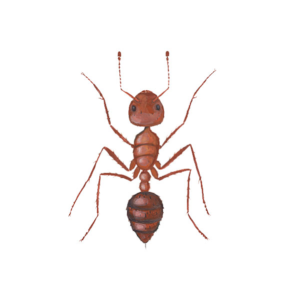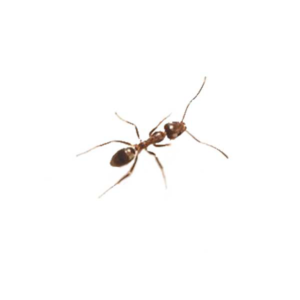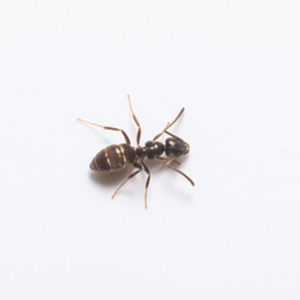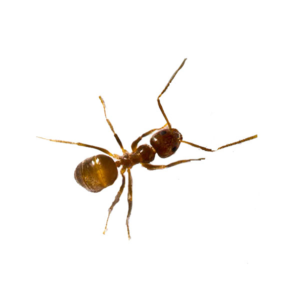Pavement Ants in Atlanta, GA
Pavement ants set up their nests beside sidewalks, driveways, and foundations. In the Atlanta, GA area, they feed on a mix of meat, grease, dead insects, seeds, and sugary treats, with a special preference for honeydew produced by aphids and mealybugs. Swarms from established colonies typically happen in spring, but if the nest is indoors, they might occur persistently. Often mistaken for termites, these ant swarmers emerge, creating a nuisance, especially in commercial buildings. Since they build nests around pavement and structures, they tend to venture indoors seeking food.
Pavement Ant Habitat
Pavement ants move methodically, forming visible trails at night as they travel between food sources. As their name suggests, they prefer nesting beneath or close to sidewalks, concrete slabs, and urban spaces lacking extensive vegetation. While creating nests, they pile excavated soil into mounds near their nesting area, often found on the ground surface or adjacent to patios and sidewalks. Indoors, these ants gravitate toward kitchen areas or patios, establishing nests inside wall voids, insulation, or beneath flooring.
Pavement Ant Behaviors, Threats, or Dangers
Pavement ants have the capability to bite and sting, yet they seldom do so with humans. Deemed as nuisance pests, they leave unsightly debris piles on driveways, sidewalks, and within commercial structures. These ants invade homes in significant numbers, leading to food contamination. Without timely treatment of their nests, they tend to proliferate within homes or businesses by establishing new colonies. If there’s a suspicion of a pavement ant infestation, seeking guidance from a professional ant exterminator is recommended.





